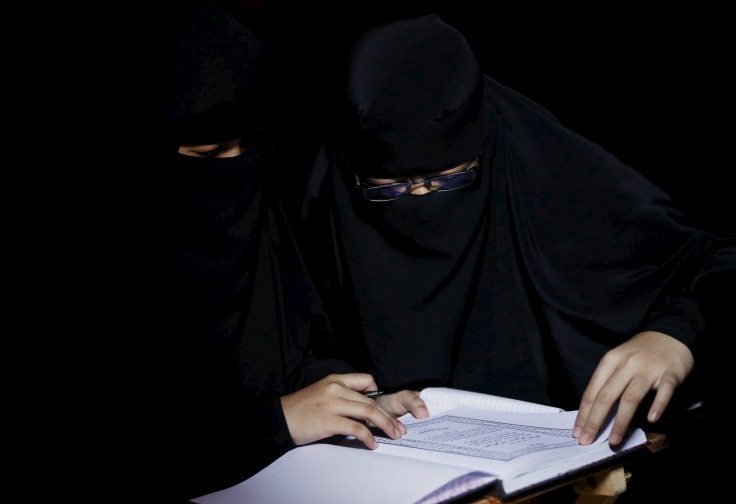Study suggests more babies born to Muslims than Christians in the next 20 years

A new study suggests that within the next 20 years, the number of babies born to Muslim parents will likely exceed births to Christians and all other religions. The analysis proved previous research that predicted Muslims will be the fastest-growing religious group in the next few decades.
The recent findings by the Pew Research Center show that infants born to Muslims will begin to outnumber Christian births by 2035. The organisation explained that there were more babies born to Christian parents than to members of Muslims and other religions in the recent years, but it is not likely going to be the case in the coming decades.
Per demographic estimate, there could be more babies born to Muslims than Christians less than 20 years from now. Pew Research Center noted that the signs of Muslim’s rapid growth are already visible and was projected to be the fastest-growing major religious group in the world in the next decades.
Between 2010 and 2015, Muslim births made up an estimated 31 percent of all babies born around the world. The organisation also notes that the global Christian population continued to grow, but more modestly.
The high fertility rates and young population of Muslims from around the world lead to a projection that there will be more babies born to Muslims than to Christians between 2030 and 2035. By this time, the number of Muslim infants may reach 225 million while Christian babies will be 224 million. By the 2055 to 2060 period, the gap is expected to approach 6 million, which means there will be 232 million Muslim births while 226 million births among Christians.
The surge in the number of Muslim babies is dictated by regional trends in age and fertility. Countries like China, Japan, Europe and North America, where fertility is low and populations are older, have larger religiously unaffiliated populations. Islam and Christianity are growing in regions with higher birth rates, like countries in sub-Saharan Africa.
Sub-Saharan Africa is perceived to be the home to a growing share of the world’s Muslims. In the next decades, 27 percent of the global Muslim population is projected to live in the region. Meanwhile, the number of Muslims that reside in the Asia-Pacific region may drop from 61 percent to 50 percent over the same period. In the Middle East and North Africa, the Muslim population is expected to remain at 20 percent.
Video Source: YouTube/KARIM




















